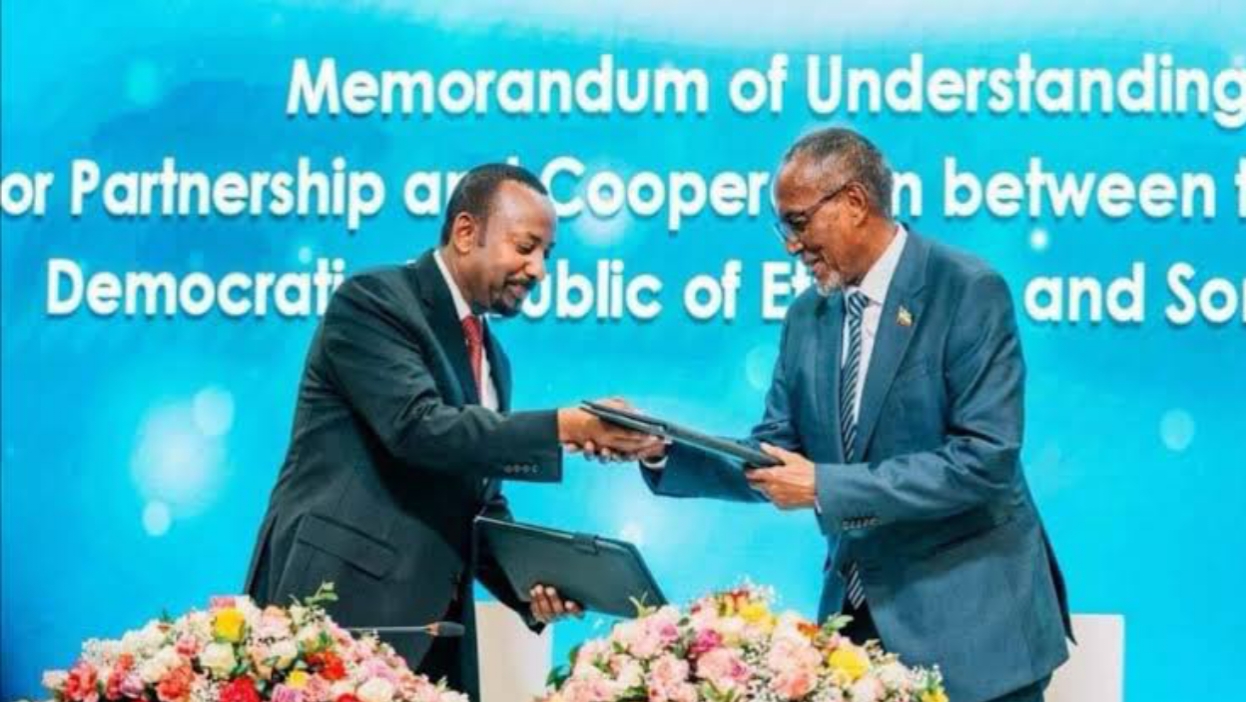The agreement leases 20 miles of Somaliland shoreline to Ethiopia and also grants Ethiopia access to Berbera port in the Gulf of Aden.
In return, although this has not been officially confirmed, Ethiopia will become the first country in the world to recognize Somaliland, which broke away from Somalia in 1991, although Somalia still claims sovereignty over Somaliland.
Recognition of Somaliland will cause a deep diplomatic and political rift between Ethiopia and Somalia and by extension, its sparring partner Al Shabaab.
The two governments have good relations at the moment.
The Agreement will also cause a deep crisis within the regional IGAD, of which both Ethiopia and Somalia are members, as none of the IGAD members recognize Somaliland.
The other point to note is the purpose for which Ethiopia wants access to the sea.
It currently uses Djibouti port for all its imports and exports, and the port infrastructure and rail and road transport links to Djibouti are well-developed.
Developing road links to Berbera will take some time, which makes trade a secondary reason for the agreement.
It seems the real reason for the Agreement is that Ethiopia wants to build a NAVY, but it is the largest landlocked country in the world that does not have access to the sea. It lost access to the sea when Eritrea became independent in 1993.
But how Ethiopia will maintain a NAVY on 20 miles of Somaliland shoreline is something that will worry Somalia.
The Agreement lessens the possibility of a new conflict breaking out between Eritrea and Ethiopia over the planned Ethiopian annexation of Eritrean Assab port, but it raises the possibility of armed conflict between Ethiopia and Somalia, which claims sovereignty over Somaliland and adds headache to the menu of the embattled and dysfunctional IGAD.




